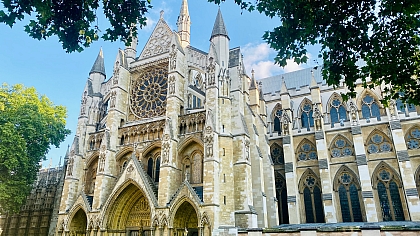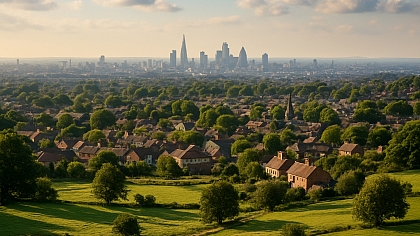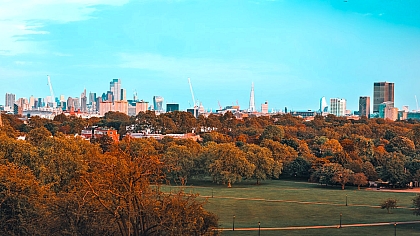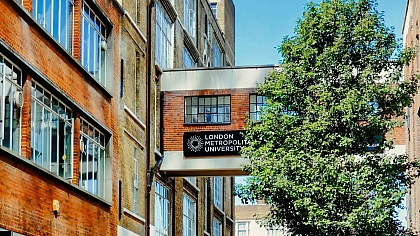Educational Process of London Universities
You might wonder, “How does school work in the UK?” Well, you have come to the right place. This article tells you all you need to know about British universities. We give some information about the UK primary and secondary school system before we delve into the tertiary education system.
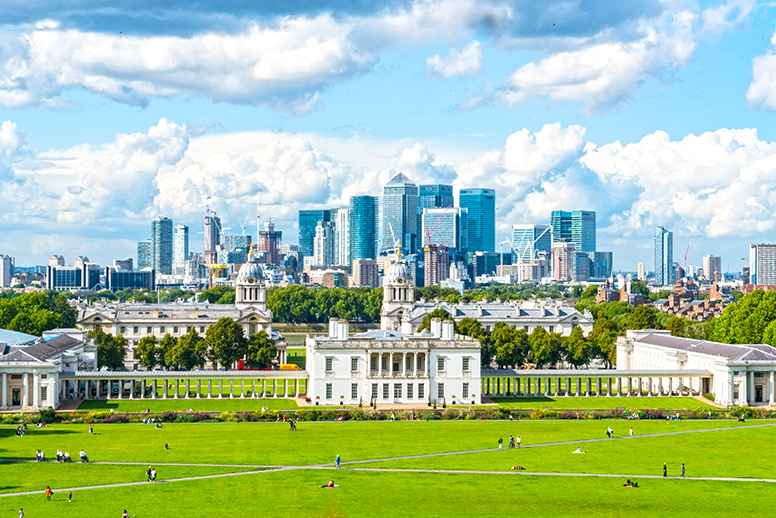
How does the British school system work?
The British educational system has four parts. They are primary education, secondary education, further education, and higher education. Children in Britain are legally required to attend the primary and the secondary parts of the education system, which runs from 5 to 16. For higher school and college-level admissions, students need to impress the board with high-quality applications that include essays.
Find an institution, whether school or college, that will ensure success for you.
UK primary education
A primary school in the UK begins when children are five years old and continues until they are 11. The infant and junior stages are separate schools of the primary system but on the same campus. The infant level is from 5 to 7 years, and the junior level is from 7 to 11.
Secondary school
The UK education system considers children aged 7 and 8 to belong to secondary school. Under this system, students study Math, English, Sciences, modern language, and humanity. Besides these, each school includes some optional subjects from which students can choose a few. Certain schools require students of year 7 to sit an entrance exam. The entrance exam result determines the gradual transition to senior school from junior school.
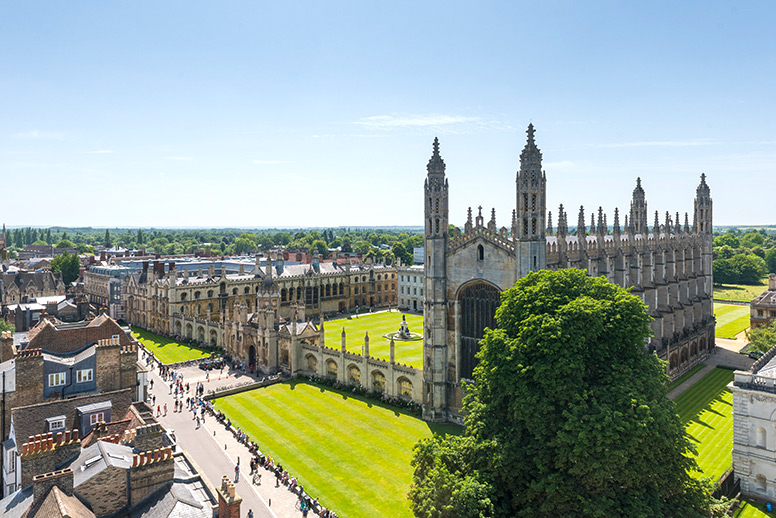
Secondary school – additional information
In the UK school system, Year 9 students transition to senior level. It is a good foundation for the GCSE and a coveted entry point to every other school in the UK. Students study Math, English, Sciences, Languages, and Humanity. Moreover, students select a few more from the list of optional subjects offered by the school.
Boarding schools
A UK boarding school is where pupils study and live during the academic year. Boarding schools offer students excellent education towards skills development and university entry. All boarding schools in the UK must meet legal government standards in terms of their facilities, student care, and teaching.
Many boarding schools combine centuries-old, beautiful buildings with a blend of traditional architecture and modern classrooms. The facilities help make learning and living a great experience.
GCSE program
In the final two years of the UK secondary education system, which are Years 10 and 11, starting when students are 14, they prepare for the GCSE test. They take it after two years. During this period, the student learns from 9 to 12 subjects, from compulsory to optional.
After sitting for the examinations on each subject, they receive the certificate for GCSE. The results are essential for their university admission and further studies.
Intensive one-year GCSE
For overseas students, some UK schools provide a GCSE course for one year for those who wish to seek British education. This program includes fewer education subjects in the UK but is very intensive. Students who are 15 years old and above can take it, provided they have the appropriate academic proficiency from their country.
IGCSE
The IGCSE course prepares international students for IB or A-level, teaching them up to 7 subjects, including English, Science, and Math. Each school offers a different set of subjects. In the end, students sit for exams in each subject and receive the certificate for IGCSE.

A-level study
According to the school system in England, when students reach 16 years of age, they begin a two-year preparation program to sit for their A-level exams. They usually specialize in 3 subjects relevant to the degree they wish to continue at university.
These are state examinations recognized by all universities in the UK and all institutions worldwide. In year 13, the students obtain their A-level certificate after sitting for the examinations.
International baccalaureate
Those who wish to learn more than four subjects can continue their studies by taking the International Baccalaureate Diploma course, which includes many subjects. A few independent schools offer the IB Diploma program. For the IB program, students must study 3 subjects, each at a standard and a higher level. Each school has different choices of subjects at different levels.
The IB also includes a mandatory core program that consists of the theory of knowledge, activity, creativity, science, and extended essays. In the end, students sit for written examinations.
Further education
International students may choose either a further education college or a sixth-form college instead of a private education. Both offer A-level and GCSE courses for students who are 16 years and above. Further education colleges also offer diploma and foundation courses, including many vocational courses. All colleges prepare students for UK university entry.
At this point, students can even pursue their careers. The UK school system extends BTEC to students who find exams challenging. BTEC focuses on skills development and practical knowledge in a subject.
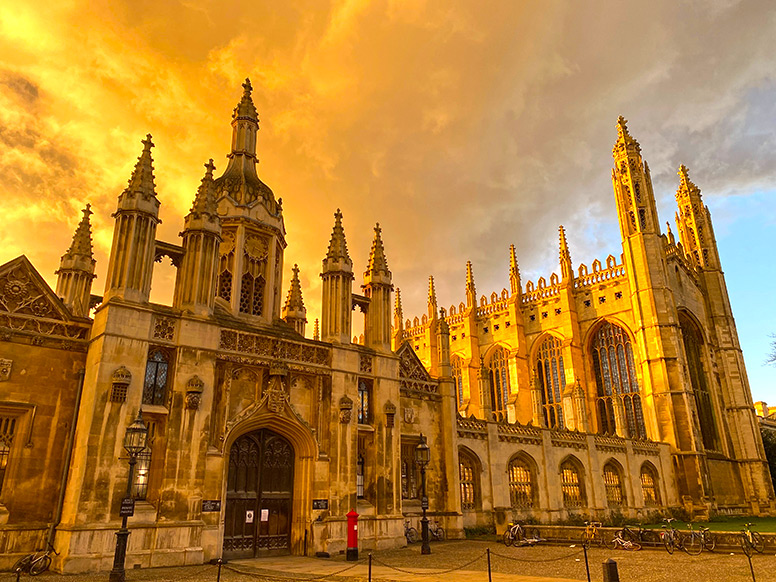
University foundation courses
Your research on how universities work in the UK should start by understanding the university foundation courses. International students 17 years old and above can opt to take a one-year foundation course instead of an IB or A-level. These courses end with private examinations. Their partner universities recognize the foundation courses.
University undergraduate study
A UK bachelor’s degree education takes three years as it involves research-based learning. Some colleges have two-year diplomas that give the student exemption from the two-year bachelor’s degree course. The student’s grade at state colleges is recognized by these universities, where they can enter the second year of the bachelor’s degree to complete their graduation.
Tutorial colleges
A tutorial college is a class of a few students with a tutor who gives students individual attention. Tutorial colleges typically have a flexible program and start at 15 years of age, focusing on access to the universities in the UK. Several private sixth-form systems in Oxford, London, and Cambridge are often known as tutorial colleges.
People regard tutorial colleges in the UK from Cambridge and Oxford universities in high esteem.
University pathway courses
Students who need to improve their study skills or English before commencing their study in the UK can take pathway courses. Several private companies offer pathway courses on UK university campuses. These foundation courses offer expedited access or direct entry to the degree-level program upon completion.
University postgraduate study
UK postgraduate courses are incredibly intensive and are usually much shorter. It typically takes a year to complete. However, an MBA takes two years. Applicants for MBA are generally high-achieving students with more than two years of experience in a managerial capacity. A UK PhD degree can take up to 7 years.
Universities
Britain is undoubtedly a popular destination for overseas students. Every year more than half a million international students enrol in a university or higher education institute. The range of qualifications offered by UK educational establishments is recognized worldwide.


